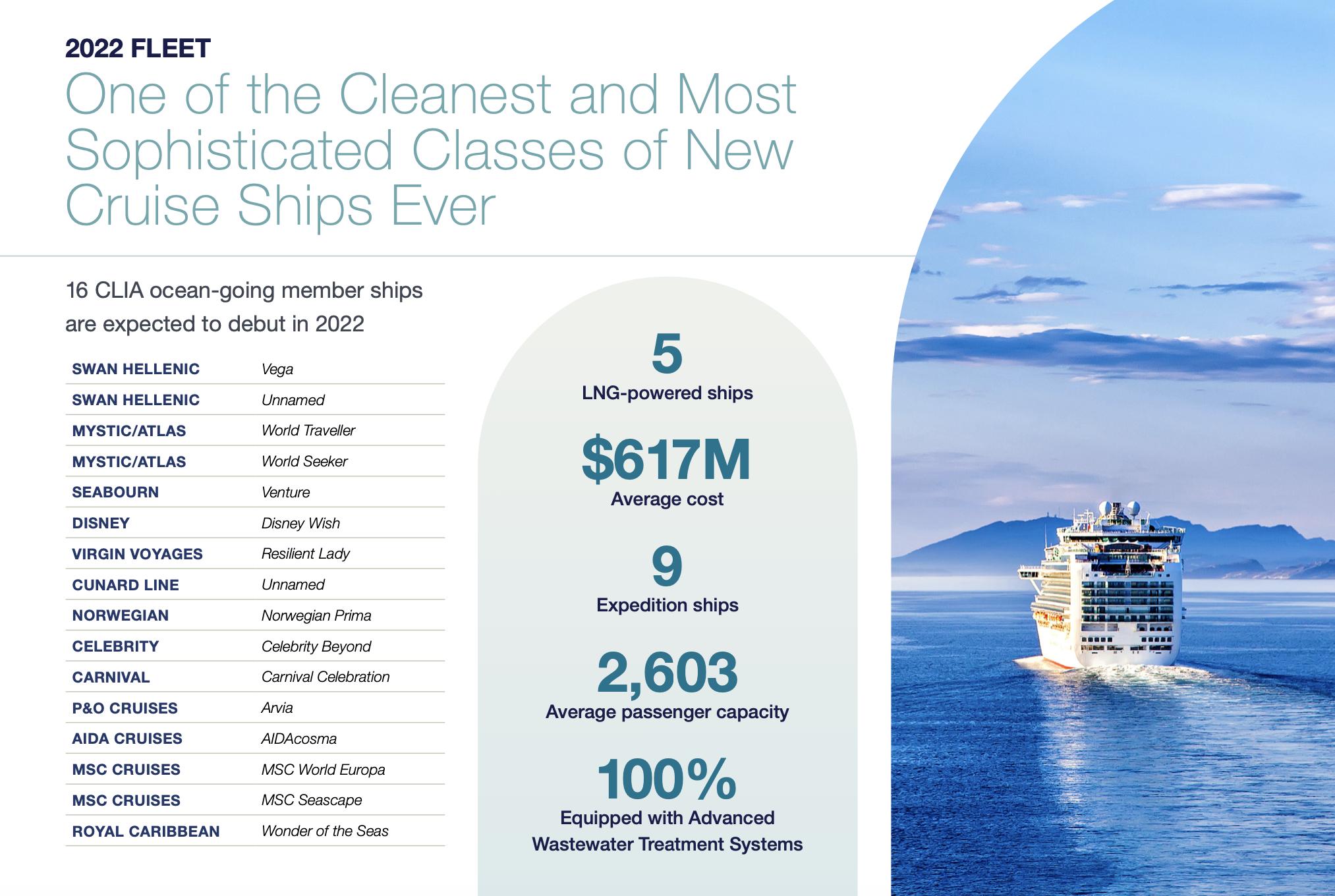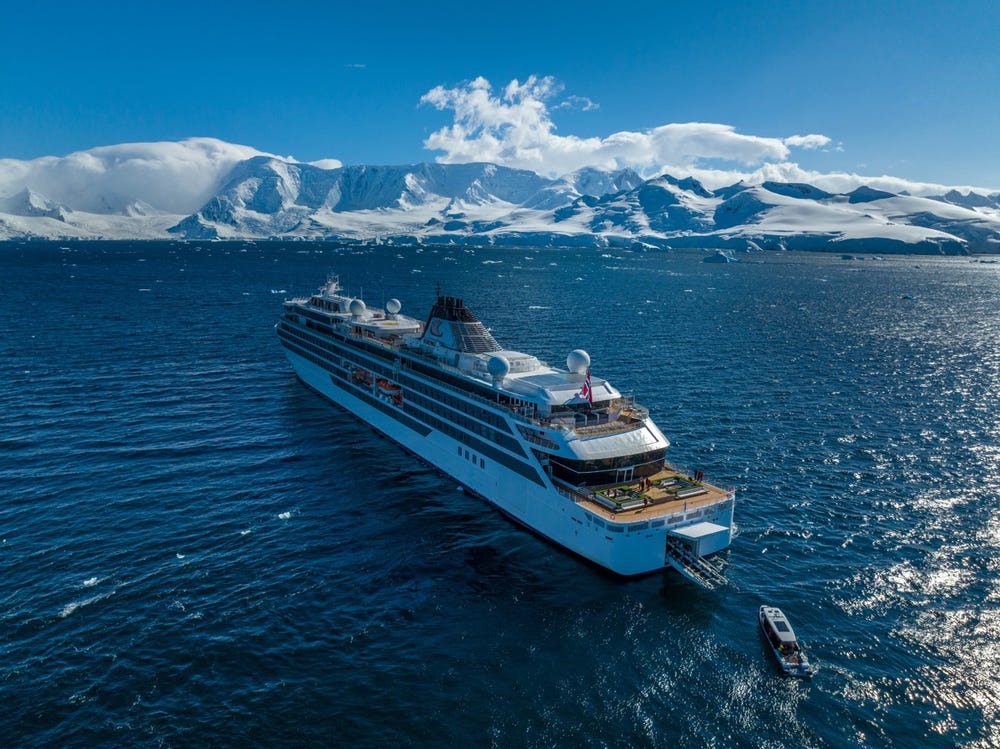
Many challenges are faced by workers on cruise ships. These include long hours of work, cramped quarters with narrow staircases and constant motion aboard the ship. These employees also have shorter leave days than their counterparts on land. They often spend 6 months or more away from home. They may not have passenger facilities or be allowed time off at all ports.
Salary ranges for average employees
Salaries on cruise ships can vary depending on the job and the cruise line. An assistant manager on a cruiseship may make anywhere from $4,500 up to $10,500 per month. This position requires years of experience. The cruise director can earn anywhere from $6,000-$18,000 per month and is the highest paid employee aboard a cruise ship.
A majority of jobs on a cruiseship require exceptional customer service skills. But people with more specialized experience are usually preferred for senior positions. You don't need to have prior experience in the field. There are many companies that offer cruise ships that will allow you to work without any experience. New employees can benefit from training programs because they want to make their employees friendly and helpful.

Doing the job
The job of a cruise ship worker is to provide services for passengers and crew. This includes providing food, drinks, maintenance of public areas and cabins and leading shipboard activities. The United States has approximately 83,400 workers in this field. There are more than two million passengers onboard each year. Other duties include selling cruise tickets and being a reservation agent.
It is common to share living quarters with crew members while working on a cruise vessel. They also work longer hours than they would on land, often working ten or twelve-hour shifts. They may only have one day off per week. They can also stay home for up to six month periods due to their contracts.
Hours
There are many hours required to work on a ship, and they vary depending on what position you hold. A dance instructor, for instance, might work up to seven hours per day, and may only get an hour off on sea days. Other jobs aboard, like bartenders or reception/guest services workers, may require eight-to twelve-hour shifts. Cleaning staff, on other hand, are required to work for long periods of time and are given 10 to 20 rooms.
These jobs require a lot of time. Many people spend weeks at sea, working long hours. They may also take long vacations. They also need to be able take on multiple tasks and interact with people.

Experience required
Cruise ship employment requires a variety of skills, including discipline, hard work, and customer service. It is also important to be able to work in a team. Long-term work hours are a must for cruise workers. They must be well-dressed, friendly, and confident.
There are various roles available on a cruise ship, from retail jobs on the ship's on-board shops, to technical positions that focus on ship maintenance and entertainment jobs that work with the Cruise Director. The crew of cruise ships is mainly multi-national, with many Filipino and other Southeast Asian citizens.
FAQ
Are cruise ships safe?
Yes, cruise vessels are safe places to travel. The majority of cruise ships are outfitted with the most advanced technology and security systems. Cruise ships must also comply with strict safety standards. Crew members receive extensive training and must pass background check. At the time of boarding, passengers will be checked. Some cruise lines require passengers' proof of immunization against certain diseases. If you have any questions about safety while aboard, contact customer service immediately.
To go on a cruise, do you need to have a passport?
A passport is necessary to travel all over the world. You can travel to any country with a passport without needing a visa or other paperwork.
A passport is required to be permitted into certain countries. It allows you longer stays abroad.
What are the benefits of a cruise vacation?
The most important thing is to have fun. You don't have to do it all. Just enjoy the moment.
There are many activities that everyone can take part in. There are always people who want to talk to you if your bored.
Cruising is all about relaxing and enjoying yourself. Cruising is not about seeing as many places as possible.
Many types of cruises are available, from short trips around Europe to longer voyages across the Pacific. It all depends on the purpose of your vacation.
Is there something else I should learn before I go on a vacation?
You should know many things before going on your first cruise. You will travel with others. Avoid being overly critical of these people because you never know how they feel about something. Be aware that you will likely be eating with strangers. Dress appropriately. You should not wear tank tops or shorts on deck. Wear comfortable clothes that won't get dirty. Prepare for extreme temperatures. You should always have plenty of sunscreen. If you plan to spend some time outdoors, be sure to pack a hat with sunglasses and a light jacket. Lastly, remember that you are responsible for yourself. Don't drink and drive!
Can my pet be brought onboard?
Most cruise lines allow pets to travel aboard. However, there are limitations. You must ensure that your pet is healthy enough for travel. Pets too sick to travel should be kept away from the plane. Second, service dogs are not allowed onboard. Service dogs can be trained to help disabled persons. Finally, you cannot bring any type of dangerous animal on board.
What is the all-inclusive cruise ship?
Cruise ships are not all-inclusive because they do not include meals for passengers with dietary restrictions. There is no room service, laundry service, or other amenities like spas, pools, gyms, etc.
Some cruise lines do offer "all-inclusive" deals that cover all aspects of the trip, including alcohol. These packages often include airfare, hotel accommodations as well entertainment and beverages.
Statistics
- For an example of savings, Royal Caribbean offers up to a 40% discount with a dining package. (travel.usnews.com)
- *20% Gratuities Apply on Free Unlimited Open Bar; Free Specialty Dining. (ncl.com)
- You can save 15% off the total price if you book in advance of your trip. (travel.usnews.com)
- The line estimates savings of 50% when you purchase this bundle. (travel.usnews.com)
External Links
How To
How do you plan your first Cruise vacation?
A cruise planning process is similar to any other trip. There are many things you need to consider such as where to go and what activities to include, costing, and budgeting. However, if you're new to cruising, there are some key differences when planning your first cruise. You won't want anything to miss because cruises are typically longer than land vacations (upto 3 weeks). These tips will help you make your cruise even more enjoyable.
-
Book your cruise as early as possible - Make sure you book at least six months before you depart. You'll be able to find great deals and avoid crowds. Plus, you'll have plenty of time to research the ship, itinerary, ports, and activities. There might be a great deal on airfare!
-
Choose a destination - It doesn't matter which port you choose; just pick one that appeals to you. There are many reasons why people love to cruise. Some enjoy exploring cities while others prefer relaxing on board. Whatever you prefer, keep in mind your destination preference. A Caribbean island is a favorite choice. Alaska and Europe are close behind.
-
Booking a Suite is a good option if money is not an issue. Suites include extra space, a private terrace, and additional amenities. These suites are typically available for between $100 and $300 per night depending on the size of the room and availability of suites during the sailing date.
-
Make sure to check the weather forecast. Cruising often is associated with tropical climates. Check the weather forecasts for days that you will be visiting ports. The ocean is unpredictable, especially in places like Alaska or Antarctica, so it's best to know how bad the weather could potentially be before booking your cruise.
-
Pack light - When packing for your cruise, limit yourself to only 10 items. This means that you don't need to pack a lot of clothes and shoes in your suitcase. You can instead pack all you need in small, carry-on-sized bags. You should also bring layers of clothing as you may not always have access to laundry facilities.
-
Do your research. Before you buy tickets, make sure to read online reviews. It is important to understand what their cancellation policies are, as well as the pricing policies.
-
These must-see places are worth a visit. Each one has its own culture and charm, so be sure to visit every local site.